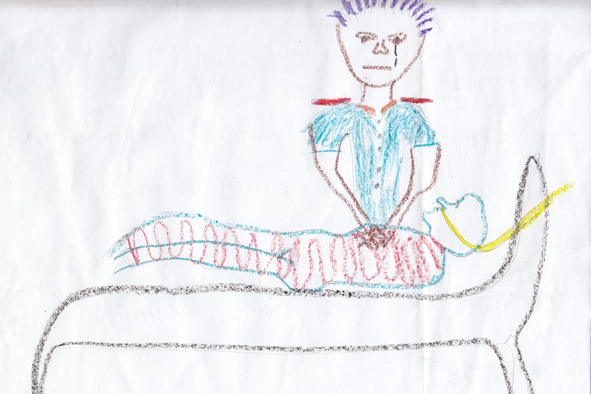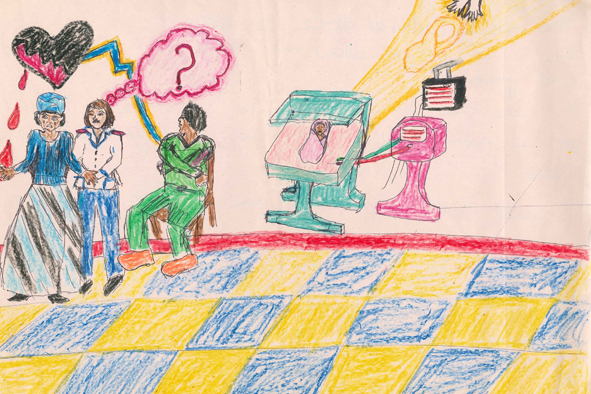How can we prepare nurses to deal with death and dying?
29 January 2015 | Story by Newsroom
A new course is needed in the nursing curriculum to help nurses prepare for the reality of patients who die under their care, new research reveals.
Nurses, particularly those working in critical-care units, are under considerable pressure. Despite critical-care staff being highly trained and skilled, there is high staff turnover, particularly in paediatric critical-care units. Nicola Fouché, a PhD graduate, investigated the reasons why.
"Departing staff often give, as reasons for leaving, the emotional burnout they suffer as a result of the clash of priorities they face, the concern of critical-care units to preserve life at all costs, and the personal need of nurses to manage their human contact with dying patients," says Fouché.
Fouché says students studying towards the Postgraduate Diploma in Nursing (Critical Care Adult and Child) at UCT express considerable unease when confronted with discussions about death.
During research for her thesis, entitled, "We don't handle death well": Implications for a postgraduate nursing curriculum of intensive care nurses' experience of death in ICU, Fouché spent many hours with six nurses who work mainly in paediatric critical care. She said the nurses were asked to draw pictures of their experiences with death. They later talked about them.

"The mother is so angry (black hearted) and the doctor's hands are tied as there is nothing more that can be done to save this baby. I am in the middle feeling lost, hopeless and useless." Often, in the ICU, nurses don't have time to say goodbye to a baby, says Fouché.
"Their sadness was palpable," says Fouché. "Often, in ICU, you don't have time to say goodbye to a baby. A course won't stop the burnout and stress, but it may allow nurses the space to understand and grieve."
A course would also help nurses to understand and respect the way different cultures and religions deal with dying and death.
"Being with someone in their last days of living is a privilege. You can make that death a very significant goodbye for the family as well as for yourself," says Fouché.
Fouché, an experienced critical-care nurse, convenes the UCT Postgraduate Diploma in Nursing (Critical Care Nursing). She holds an MSc (Nursing), an Advanced University Diploma in Nursing Education and a Diploma in Intensive Nursing Science from UCT. Her doctoral research was supervised by Dr Kevin Williams from the Higher and Adult Education Development and Studies Unit in the Faculty of the Humanities. Fouché graduated with a PhD from UCT on 16 December 2014.
Story by Kim Cloete.
 This work is licensed under a Creative Commons Attribution-NoDerivatives 4.0 International License.
This work is licensed under a Creative Commons Attribution-NoDerivatives 4.0 International License.
Please view the republishing articles page for more information.










